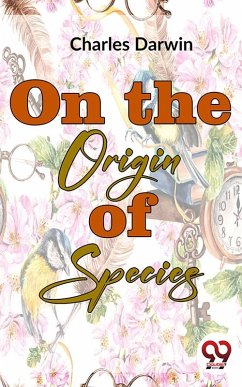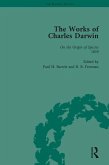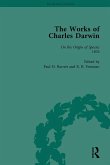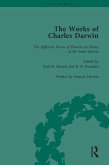Charles Darwin's ground-breaking scientific tome "On the Origin of Species" was published in 1859. Darwin revolutionized biology and had a significant influence on how we perceive the natural world when he presented his theory of evolution via natural selection in this landmark work. All species of creatures have descended from a common ancestor by a progressive process of modification and adaptation over very long periods of time, according to Darwin's main contention. He presents the idea of natural selection, which describes how some inheritable qualities change in prevalence within a population based on how well-adapted they are to survival and reproduction. The book offers a wealth of proof for Darwin's hypothesis from a variety of scientific fields, including paleontology, biogeography, comparative anatomy, and embryology. He shows how all living things are interrelated and displays the complex patterns of biodiversity and species dispersion. When it was first published, "On the Origin of Species" sparked a contentious intellectual and theological discussion. It has remained a cornerstone of contemporary biology despite its groundbreaking concepts challenging conventional notions about the development of life and humans. Darwin's contributions significantly molded later scientific inquiry and had an impact on disciplines outside than biology, including as anthropology, psychology, and philosophy. It continues to be a key reference in evolutionary biology, encouraging more research and comprehension of the variety and connectivity of life on Earth.
Dieser Download kann aus rechtlichen Gründen nur mit Rechnungsadresse in A, D ausgeliefert werden.









